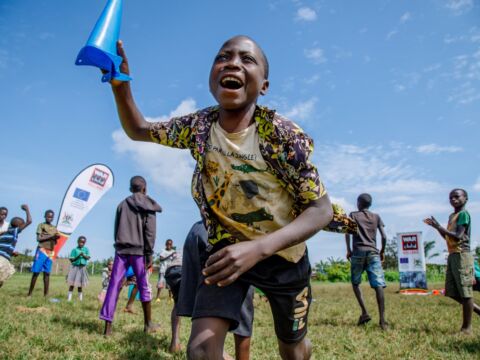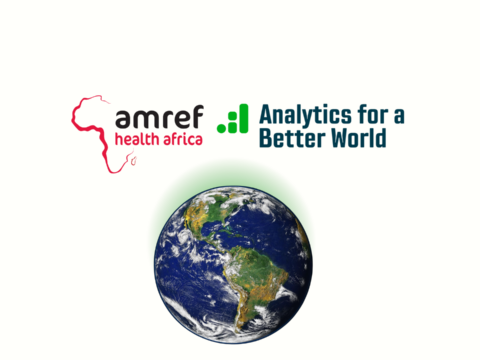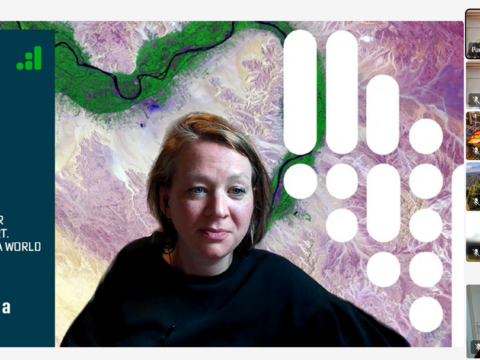The Impact Accelerator Program FAQ
Want to take your time? Scroll through the FAQ right here.
Need speed? Grab the PDF (The Impact Accelerator Program FAQ Updated) and hop straight to your question! Read the in-depth program here (ABW Impact Accelerator Program)!
About the Program
Q1. Who is ABW?
Analytics for a Better World (ABW) is a non-profit organization that empowers works with and for mission-driven organizations worldwide to use cutting-edge analytics and data science to maximize their social impact. Founded in 2022 by the University of Amsterdam (UvA) and ORTEC, ABW harnesses academic and industry expertise to bridge a crucial gap: while analytics and AI have revolutionized business, their transformative potential for social good remains untapped mainly in the nonprofit sector.
Q2. What is the ABW Impact Accelerator Program?
It’s a 14-week accelerator program designed by ABW to help mission-driven organizations solve impactful challenges using data and analytics, while building their long-term analytics capacity. The ABW Impact Accelerator Program supports mission-driven organizations in leveraging analytics and AI to amplify impact toward the Sustainable Development Goals (SDGs), especially in low- and middle-income countries (LMICs).
Q3. What kind of impact does ABW aim for?
ABW supports nonprofits tackling global challenges in LMICs like healthcare access, climate change, clean water, and plastic pollution, all aligned with the SDGs.
Eligibility and Participation
Q4. Who can apply to the program?
Mission-driven nonprofits working in LMICs that are ready to use data and analytics to address a real-world challenge to advance their mission. Specifically, organizations that:
- Are legally established and operating for at least two years
- Are mission-driven (nonprofit, social enterprise, public-interest group)
- Align with at least one SDG
- Have leadership commitment and a multidisciplinary team ready to participate
- Present a challenge suitable for analytics or AI solutions
Q5. Can consortiums apply?
Yes! Applicant groups are encouraged to apply. Submit a single application representing the consortium. Include a short document (max 2 pages) outlining:
- Why you’re applying together
- Names and roles of consortium members
- Structure for collaboration and knowledge sharing
Q6. What kind of challenges qualify?
Challenges should be:
- Specific and impactful
- Mission-aligned
- Relevant to the SDGs
- Solvable with analytics or AI tools
Q7. What skills are required within the applying organization?
At least two staff members with basic analytics literacy (e.g., Excel, Power BI, Python, R) and a leadership representative willing to support change. We suggest that the team be diverse and multidisciplinary to enhance learning and innovation.
Program Structure and Timeline
Q8. How is the program structured?
- Phase 1 (Sept–Dec 2025): Application, selection, onboarding
- Phase 2 (Jan–Apr 2026): Solving challenge + capacity strengthening
- Phase 3 (Apr 2026): Reflection, learning and sharing of insights
- Phase 4 (No time bound): Amplifying impact through case studies, events, and research dissemination
Q9. How long is the program?
- Phases 2 and 3: 14 weeks (Jan 19 – Apr 30, 2026)
- Phase 4 (storytelling, research, visibility): Open-ended timeline
Q10. What is the time commitment?
- ~3 hrs/week per team member during Phase 1 – Application and Onboarding
- ~6-12 hrs/week per team member during Phase 2 – Challenge Delivery, Training
- ~2.5 hrs/week per team member during Phase 3 – Reflection & Learning
- ~2 hrs/week per team member post-program for storytelling – Storytelling & Dissemination Activities
Application Process
Q11. How do I apply?
Submit an online application form (opens September 26, 2025). Deadline: October 24, 2025. Early applications are encouraged as the selection will be done on a rolling basis
Q12. What’s required in the application?
Organization profile and mission
- SDG alignment
- Nature of the challenge and its relevance
- Analytics maturity and team skills
- Leadership commitment (letter required)
- Details about multidisciplinary project team
- Equity, diversity, and inclusion strategies
- Financial/in-kind contribution (if any)
- Plans for sustainability and innovation
Q13. How are applications evaluated?
Applications must first meet eligibility criteria. They are then scored by committee members on:
- Challenge relevance and clarity (20%)
- Potential for scalable impact (20%)
- Analytics maturity and willingness to learn (15%)
- Equity, diversity, and inclusion (15%)
- Co-investment and sustainability commitment (15%)
- Innovation and boldness (15%)
High-scoring applications are prioritized for interviews and selection.
Q14. Would individual organization – collaboration submission make a difference in the selection criteria?
No. Our evaluation criteria do not give preference to consortia over single-organization proposals. What matters most is the potential impact, sustainability, and scalability of the proposed solution.
Costs and Support
Q15. Do organizations have to pay to participate in the ABW Impact Accelerator Program?
While participation in the ABW Impact Accelerator Program is valued at approximately €120,000 per organization, we are committed to making the program inclusive and accessible. We do ask all applicants to indicate whether they can contribute—either financially or in-kind (e.g., providing staff time, access to infrastructure, or internal tools). This helps us prioritize sponsorship support based on need. ABW may offer full or partial sponsorships to selected organizations, which will be determined during the selection process based on a combination of need, commitment, and potential for impact.
Q16. Are sponsorships available to all 5 selected organizations? Are sponsorships applications part of the application process?
Yes. Sponsorship is available in principle for all five selected organizations. Our goal is to select a mix of organizations that together create the most significant collective impact. In the application form, you’ll be asked to indicate whether you can provide in-kind or financial contributions, and whether you require sponsorship (either in-kind and/or financial).
Q17. What does ABW provide?
- Technical and expert support
- Hands-on analytics tools and training
- Access to global networks
- Support for long-term sustainability
- Storytelling and visibility opportunities
Outcomes and Benefits
Q18. What will my organization gain from participating?
Develop internal analytics skills and systems
- Solve a high-impact, mission-aligned challenge using analytics or AI
- Access expert mentorship, proven methodologies, and peer learning
- Amplify visibility and credibility with donors and partners
- Create replicable, scalable solutions and participate in global thought leadership
Q19. Can my organization scale or replicate the solution after the program?
Yes, of course! ABW supports designing solutions that are sustainable and scalable, and may help position them as Digital Public Goods.
Q20. At the end of the process when the challenge is solved with a solution (drives by analytics and AI) – who “owns” that solution and the data?
Ownership will depend on the specific solution developed. In general, we aim for solutions to be open source so they can benefit the broader community. The nonprofit will typically own the solution, but contributors and researchers involved in its development may also have the right to use it. Wherever possible, and within legal and privacy boundaries, we want the outcomes to benefit the wider community, not be restricted by IP limitations.
After the Program
Q21. What happens after the program ends?
- Ongoing involvement in peer learning and knowledge sharing
- Opportunities for research and publication
- Support in creating case studies and storytelling materials
- Engagement in ABW’s global events and showcase activities
Q22. Is there a research component?
Yes, optionally. Organizations can co-develop research or case studies with ABW and academic partners to share insights and contribute to field knowledge.
Other Questions
Q23. What makes this accelerator unique?
- Dual focus on analytics & capacity building
- Co-creation and agile development
- Emphasis on equity, inclusion, and real-world outcomes
- Academic + corporate + nonprofit collaboration
Q24. How do I get started?
Begin preparing your application now, attend the online info session, and apply starting September 25, 2025.
Q25. How does the program center equity and inclusion?
- Focuses on application of analytics for impact in LMICs
- Prioritizes equity, diversity, and inclusion in cohort selection and solutions
- Removes financial barriers to entry wherever possible
- Amplifies voices from underrepresented communities
Q26. Is technical expertise required to apply?
No. Teams must have basic analytics literacy (e.g., familiarity with Excel, dashboards, or simple data analysis tools) and a willingness to learn, but do not need to be advanced data scientists.
Q27. What kinds of challenges are suitable?
Challenges must be:
- Specific, relevant to organizational mission, and framed for data/analytics/AI intervention
- Impactful, with potential for scalability, system change, and digital public good development
Q28. Would a challenge related to more institutional AI or digitalisation be eligible? The problem does not “affect” beneficiaries directly, but the solution will. The solution would then benefit all projects and all people reached through them, but it would be applied at the organisational/systems level.
We primarily seek challenges that have a direct impact on the communities you serve. While we understand that digital transformation at an organisational level can have indirect benefits, we’re not looking for projects focused solely on internal systems (e.g. databases or infrastructure). The challenge should start with the “why” (addressing real-world problems), and then consider technical enablers as supporting elements.
Q29. If the organisation wants to participate but doesn’t have data as an organisational asset, are they allowed to use simulated data?
If the challenge can be meaningfully addressed using simulated or open-source data, that is acceptable. However, the challenge must still connect clearly to the SDGs and demonstrate real impact on the communities you serve. If the project relies solely on mock data to prove that ‘it can be done’, it would not be a good fit for this program.
Q30. Must the data science means (whether visualizing, predictive or optimization) be clear at the proposal stage?
No, this is not required. We do not expect applicants putting together the proposals to have prior analytics or AI expertise. You can share initial ideas, but the specific data science methods and models will be defined collaboratively during the program.
Q31. Would a challenge related to organisational efficiency be eligible for funding? For example, developing a model to help reduce the organisation’s carbon footprint?)
Yes, provided the issue is an organisational concern and is clearly aligned with your mission and impact goals.
Q32. Can you provide some examples of the sort of ‘in kind’ support that would be relevant/applicable to you?
Staff time dedicated to participating in the program is considered essential, though we treat it as a baseline requirement rather than additional in-kind support. Other examples of in-kind contributions include access to infrastructure, tools, or software, as well as additional time from colleagues who may not be directly part of the project team.
Q33. How will applicants be notified?
Organizations are reviewed and selected on a rolling basis. Shortlisted applicants will be invited for a conversation; final selection will be announced after interview and committee deliberation.
Q34. I have a specific question. Who can I contact?
You can reach the ABW Team at hello@analyticsbetterworld.org.
Proud Contributors to The Impact Accelerator Program

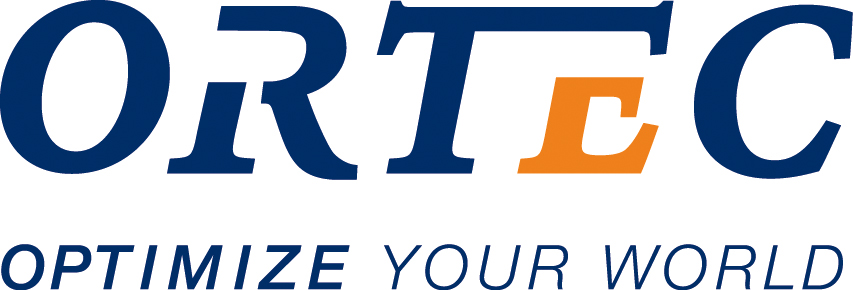
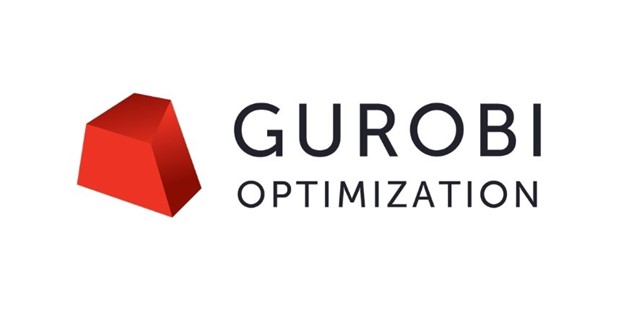
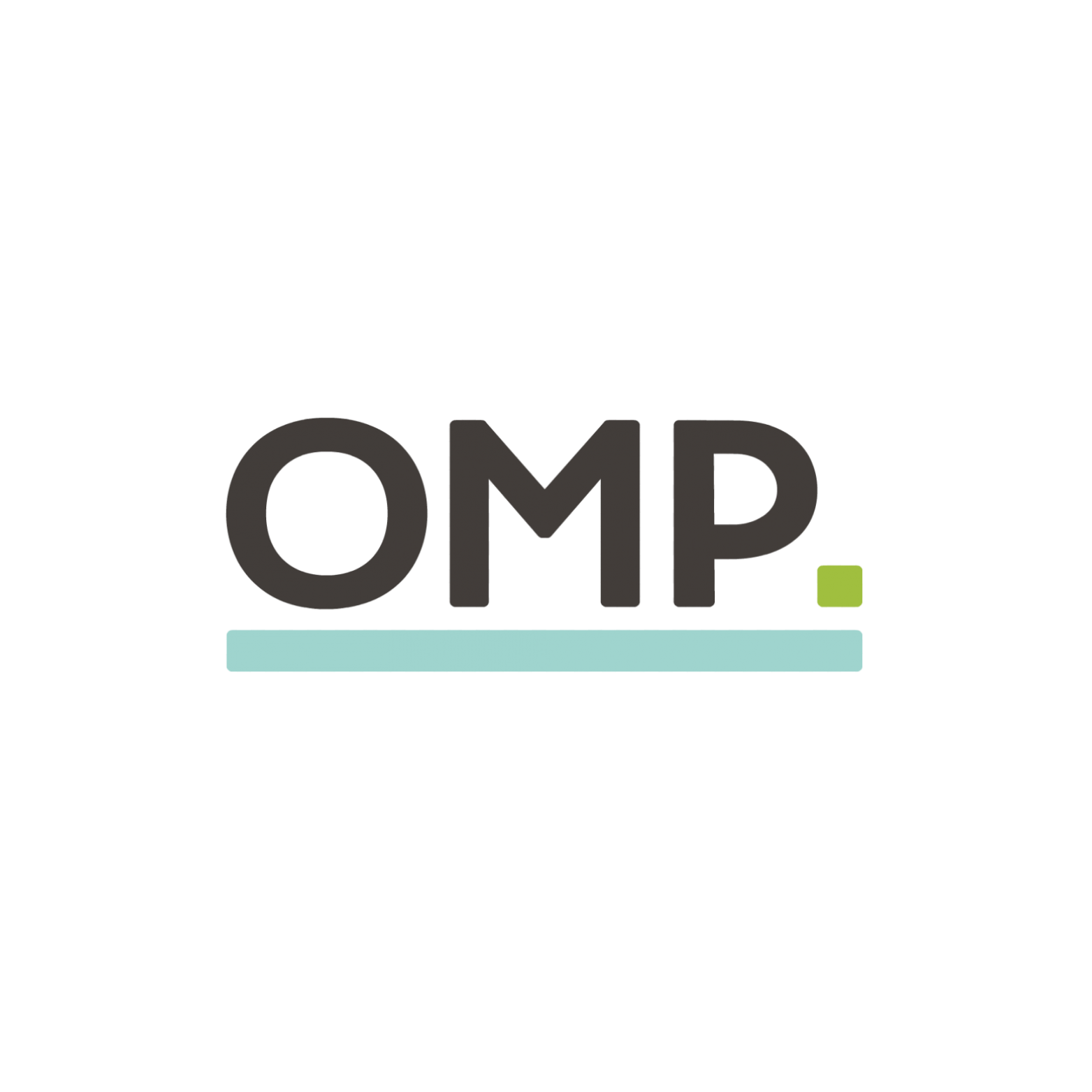
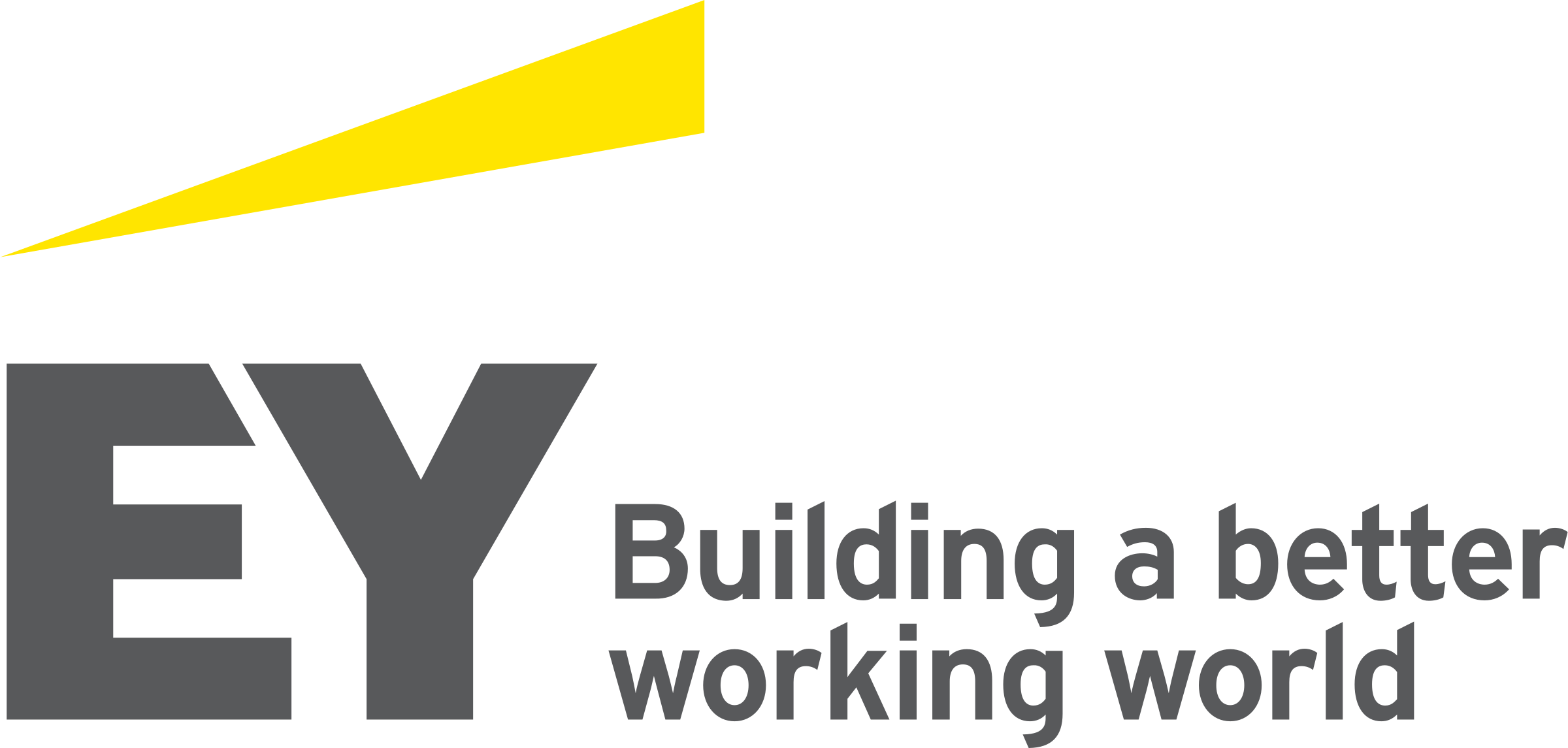
Learn about our impact!

